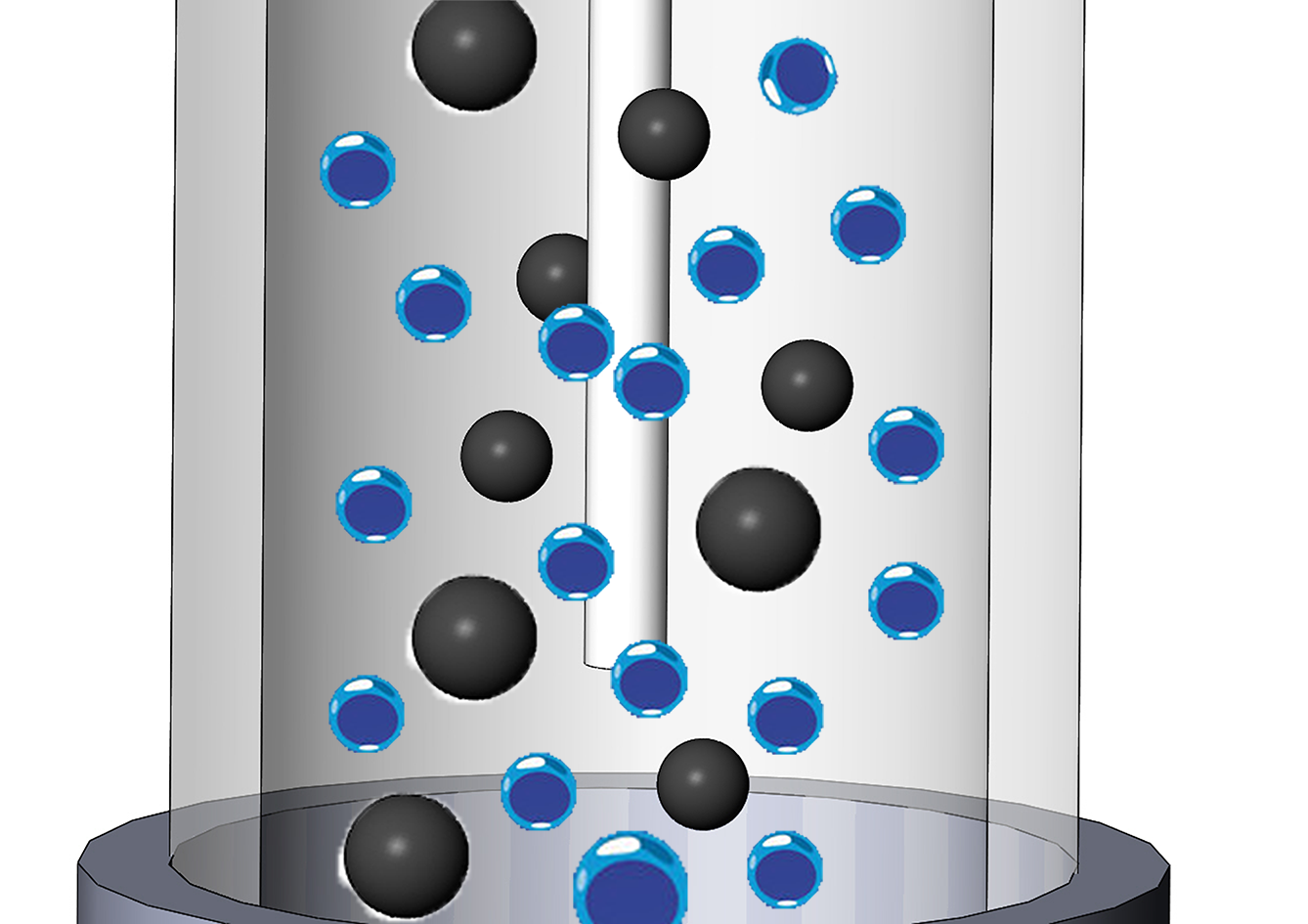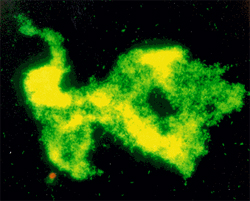The main research ares in the Logan Lab are listed below, with each topic corresponding to a drop down menu choice under “Research”. The “Current” research focus areas indicate topics that are ongoing in the laboratory at this time. The “Other” research areas are topics that remain of interest, but that there is no currently funded research in the lab.
Current research focus areas
Microbial Fuel Cells (MFCs) and METs. MFCs and other microbial electrochemical technologies are being researched as methods for sustainable electricity or biofuels production, or other processes such as desalination and energy recovery using exoelectrogenic microorganisms. This title for this topic takes you to the page on this website, but due to the volume of the material on this topic, a separate website has been set up that can be accessed using this link.
Desalination and Nutrient Recovery. Desalination of seawater and brackish water is becoming much more common due to the need for greater amounts of freshwater, particularly in arid environments. We are working on methods to reduce biofouling of seawater reverse osmosis membranes, and the development of electrically conductive membranes. Also, we have recently invented a new method of brackish water desalination called battery electrode deionization (BDI). The new technique can also be used for selective ammonium ion removal from used waters. There is no webpage on this yet, but you can read about our work via our publications page.
Salinity Gradient Energy (SGE) and Thermal Batteries. Energy can be harvested from salinity differences between fresh water and seawater using several different types of SGE technologies. Similar or different approaches can be used to harvest waste heat using thermally regenerative batteries. This title for this topic takes you to the page on this website, but due to the volume of the material on this topic, a separate website has been set up that can be accessed using this link.
Other Research Areas

x-MBRs. Membrane bioreactors are increasingly being used to treat domestic and other types of wastewaters. We are examining the use of anaerobic fluidized membrane bioreactors (AFMBRs) as a method to treat microbial fuel cell effluent to levels needed for safe discharge or water reuse.
Trickling filters. A low energy method for treating wastewater is to use trickling filters (TFs). The main research in this area was on development of a TF model to evaluate different types of structured media such as that shown in the photograph to the left. Access this page to download the TF models.
HBOD. A standard biochemical oxygen demand (BOD) test requires a 5 day incubation, and sometimes many different dilutions in order to get an accurate result. The HBOD test is a non-dilution based method that avoids the need to dilute the wastewater, with a single test conditions spanning a much larger oxygen demand range than the BOD test. Go to this page to learn how to conduct HBOD tests.
Particles. Particle dynamics and methods to characterize particle size spectra are important in many processes in environmental engineering and environmental processes. Research by the Logan Lab has includded: using fractal geometry to describe particles and to characterize size spectra; marine snow aggregate formation, with an emphasis on the fractal nature of the particles and the formation of phytoplankton aggregates via transparent exoplolymers; and molecular size spectra using a permeation coefficient model.
Bioadhesion. Biofouling is a problem whenever surfaces are exposed to water where bacteria and other microbes can grow. Research has focused on mechanisms of bacterial adhesion to surfaces using column studies and atomic force microscopy; and enhancing bacterial transport in the subsurface for bioremediation.
Perchlorate. A number of water sources have become contaminated with perchlorate. Research by the Logan Lab has examined: development of bioreactors for perchlorate reduction; analysis of microbial communities and pathways for biological chlorate and perchlorate reduction.
Fungi. Certain types of fungi can degrade otherwise relatively recalcitrant chemicals such as pentachlorophenol. Our research focused on development of fixed film bioreactors for chemical degradation and examination of fungi that can degrade pollutants.








